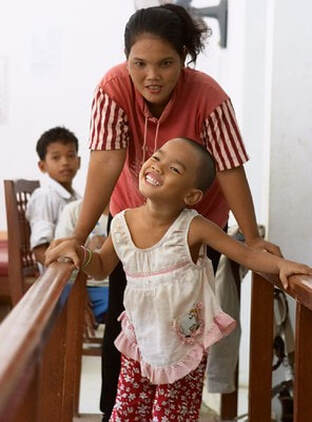|
Did you know there is a scholarly field called disability studies, and did you know there is a disability justice movement? Both shed light on the experiences and societal needs of people with disabilities and seek the inclusion of a historically shunned group. To learn more about disability justice, read the works of activist Tobin Siebers and check out the Twitter hashtags #ThingsDisabledPeopleKnow and #DisabledAndCute. Quote from Siebers: “Disability marks the last frontier of unquestioned inferiority because the preference for able-bodiedness makes it extremely difficult to embrace disabled people and to recognize their unnecessary and violent exclusion from society” (Tobin Siebers, quoted in Amanda Leduc, Disfigured, page 209). Read my review of Disfigured below. Darla Nagel is a biomedical copy editor who has an invisible chronic illness. She wants to educate healthcare professionals and encourage patients. If you want to receive quarterly updates from her, email darla.nagel{a}gmail.com.
0 Comments
Amanda Leduc’s Disfigured: On Fairy Tales, Disability, and Making Space opens our eyes to how the portrayal of disabilities in fairy tales sets children up to shun disabled people, and she advocates for more accurate narratives of these excluded people. She weaves in her personal account of growing up with cerebral palsy, which keeps the book from becoming a scholarly work inaccessible to the majority of readers. You’ll never view the Disney princesses the same way again. This book was educational even for someone who has spent 10 years creating and sharing her own narrative of life with a disabling chronic illness that doesn’t have the classic fairytale happy ending, an ending which, according to Leduc, is not only unrealistic but also psychologically unhealthy. Great quotes from the book: “We exist in a world where happiness is synonymous with not being disabled—anything less than this comes across as undeserving, simply through virtue of not meeting the able-bodied ideal” (page 210). “This conceptualization of disability—at best merely a metaphor for psychological ills that can be overcome, at worse a punishment or judgment that can be reversed through magical or spiritual means, though only if one deserves it—does a disservice to the actual lived experience of what it means to occupy a different body in the world….denying the lived reality of what it means to be a disabled body in the world denies the possibility of growth on the disabled person’s terms” (page 216). Darla Nagel is a biomedical copy editor who has an invisible chronic illness. She wants to educate healthcare professionals and encourage patients. If you want to receive quarterly updates from her, email darla.nagel{a}gmail.com.
|
Author:
|

 RSS Feed
RSS Feed